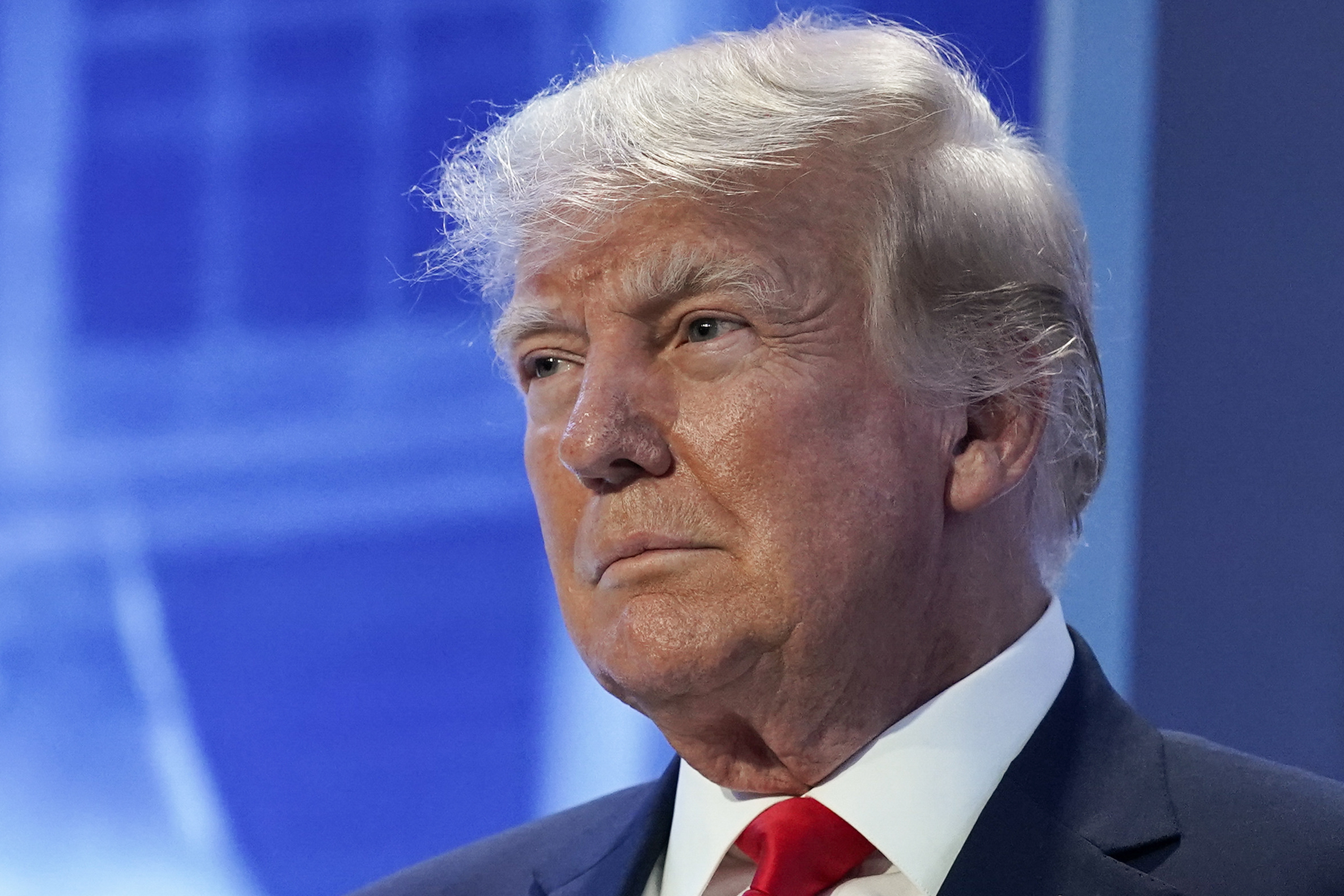Lawyers for former President Donald Trump proposed a trial date for his federal election interference case on Thursday, requesting the trial to begin in April 2026, more than two years after federal prosecutors requested.
The former president’s legal team claimed they would need more time to sort through the documents, which the Justice Department has devoted more than two years to gathering. The legal team claimed four months would not be enough time to go through the evidence and accused federal prosecutors of attempting to deny Trump a fair trial.
HUNTER BIDEN INVESTIGATION: COMER REQUESTS UNREDACTED EMAILS AND DOCUMENTS FROM NATONAL ARCHIVES
“The public interest lies in justice and a fair trial, not a rush to judgment,” the lawyers said in the court filing. “If the rights to due process and counsel are to mean anything, a defendant must have adequate time to defend himself. The Speedy Trial Act embraces these considerations and so, too, should the Court.”

The team’s proposed schedule also considered other legal proceedings that could conflict with the federal election trial and would allow the team sufficient time to gather documents from outside parties.
“This more reasonable schedule—equal to the government’s time spent investigating—will allow this case to proceed in an orderly fashion, with both parties having a fair opportunity to review all material information, advance appropriate motions, and apprise the Court of relevant legal issues,” the filing said.
Special counsel Jack Smith’s team recommended that jury selection begin in December in a court filing last week, and his team recommended the trial to start following the holiday break, on Jan. 2, 2024. Judge Tanya Chutkan, who ordered both sides to submit recommended dates, is expected to set the trial date at a hearing on Aug. 28.
CLICK HERE TO READ MORE FROM THE WASHINGTON EXAMINER
“[The date] would vindicate the public’s strong interest in a speedy trial,” Senior assistant special counsel Molly Gaston wrote in the filing last week. “An interest guaranteed by the Constitution and federal law in all cases, but of particular significance here, where the defendant, a former president, is charged with conspiring to overturn the legitimate results of the 2020 presidential election, obstruct the certification of the election results, and discount citizens’ legitimate votes.”
Trump pleaded not guilty to four felony charges related to allegations he conspired to overturn the 2020 election earlier this month.
